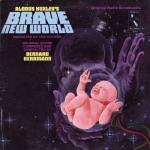
 The first book, of a planned trilogy, called the “Forerunner Saga.” The Halo wiki has a quote from Frank O’Connor (the Franchise Development Director for Halo) saying:
The first book, of a planned trilogy, called the “Forerunner Saga.” The Halo wiki has a quote from Frank O’Connor (the Franchise Development Director for Halo) saying:
“It’s going to be a trilogy. A connected universe that will remain faithful to the scale and mysteries, while exploring the detail and challenges of a VERY powerful culture. This won’t be some skirt-raising exercise in Forerunner populist-ism. Folks know way more about Forerunners than you think, but we’re definitely going to respect that strange sense of wonder and awe that Bungie infused from day one. It will be BIG Greg Bear fiction in a faintly familiar place, but one that’s full of surprises. Think Eon.”
The audiobook also includes a three and a half minute introduction, written and read, by Greg Bear himself. In it he says that he drew inspiration for the trilogy from Olaf Stapledon, Arthur C. Clarke, Isaac Asimov, E.E. Doc Smith, Larry Niven and Robert A. Heinlein. There’s also a sentence particularly about Ringworld.
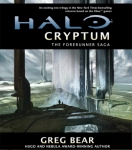 Halo: Cryptum (Book One of the Forerunner Saga)
Halo: Cryptum (Book One of the Forerunner Saga)
By Greg Bear; Read by Holter Graham
7 CDs – Approx. 8 Hours 40 Minutes [UNABRIDGED]
Publisher: Macmillan Audio
Published: March 29, 2011
ISBN: 9781427210081
One hundred thousand years ago, the galaxy was populated by a great variety of beings. But one species–eons beyond all others in both technology and knowledge–achieved dominance. They ruled in peace but met opposition with quick and brutal effectiveness. They were the Forerunners–the keepers of the Mantle, the next stage of life in the Universe’s Living Time. And then they vanished. This is their story. – Bornstellar Makes Eternal Lasting is a young rebellious Forerunner. He is a Manipular, untried–yet to become part of the adult Forerunner society, where vast knowledge and duty waits. He comes from a family of Builders, the Forerunners’ highest and most politically powerful rate. It is the Builders who create the grand technology that facilitates Forerunner dominance over the known universe. It is the Builders who believe they must shoulder the greatest burden of the Mantle–as shepherds and guardians of all life. Bornstellar is marked to become a great Builder just like his father. But this Manipular has other plans. He is obsessed with lost treasures of the past. His reckless passion to seek out the marvelous artifacts left behind by the Precursors–long-vanished superbeings of unknowable power and intent—forces his father’s hand. Bornstellar is sent to live among the Miners, where he must come to terms with where his duty truly lies. But powerful forces are at play. Forerunner society is at a major crux. Past threats are once again proving relentless. Dire solutions–machines and strategies never before contemplated–are being called up, and fissures in Forerunner power are leading to chaos. On a Lifeworker’s experimental planet, Bornstellar’s rebellious course crosses the paths of two humans, and the long lifeline of a great military leader, forever changing Bornstellar’s destiny …and the fate of the entire galaxy. This is a tale of life, death, intergalactic horror, exile, and maturity. It is a story of overwhelming change–and of human origins. For the Mantle may not lie upon the shoulders of Forerunners forever.
Posted by Jesse Willis


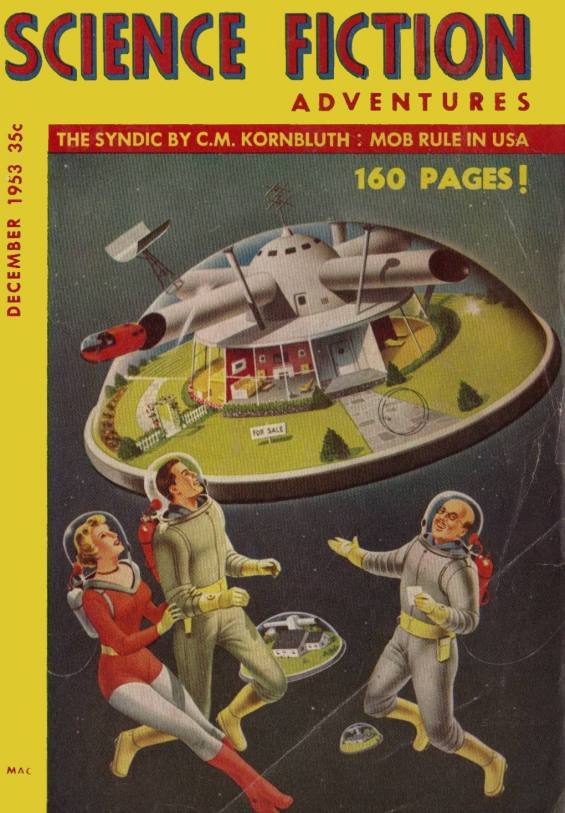
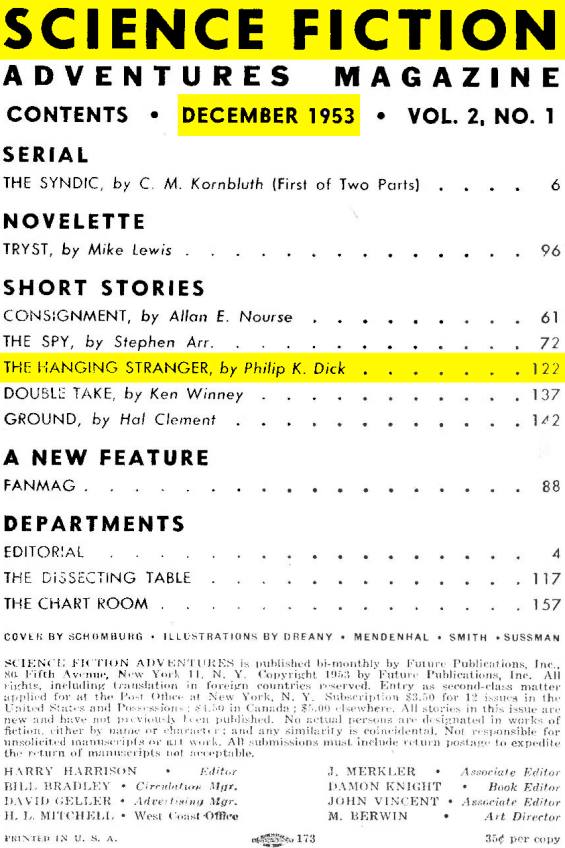
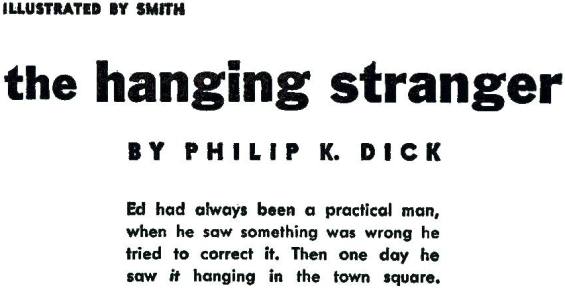
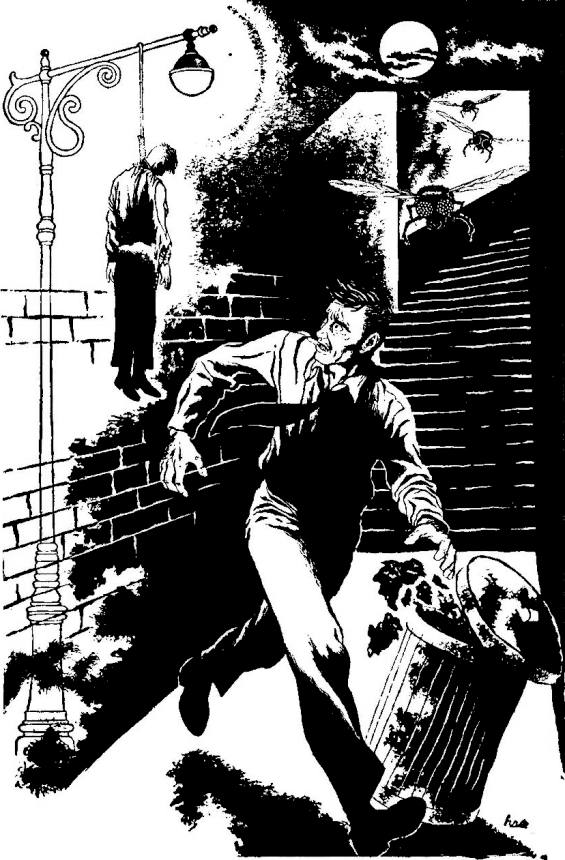

 The CBS Radio Workshop was an experimental dramatic radio anthology series that aired on CBS radio from January 1956, until September 1957. Subtitled “radio’s distinguished series to man’s imagination,” it was a revival of the earlier Columbia Workshop, broadcast by CBS from 1936 to 1943, and it used some of the same writers and directors employed on the earlier series. Its first two episodes were a two-part adaptation of Aldous Huxley’s dystopian stunner Brave New World. It has some strong claims to being the definite adaptation as it is both introduced and narrated by Aldous Huxley himself. Here’s how Time magazine’s February 6, 1956 issue described it in their review:
The CBS Radio Workshop was an experimental dramatic radio anthology series that aired on CBS radio from January 1956, until September 1957. Subtitled “radio’s distinguished series to man’s imagination,” it was a revival of the earlier Columbia Workshop, broadcast by CBS from 1936 to 1943, and it used some of the same writers and directors employed on the earlier series. Its first two episodes were a two-part adaptation of Aldous Huxley’s dystopian stunner Brave New World. It has some strong claims to being the definite adaptation as it is both introduced and narrated by Aldous Huxley himself. Here’s how Time magazine’s February 6, 1956 issue described it in their review: